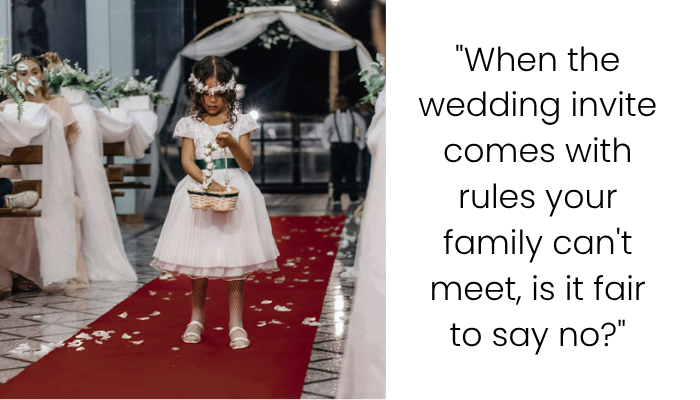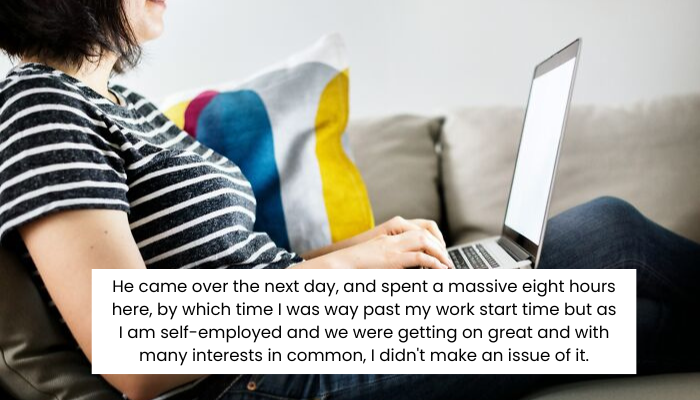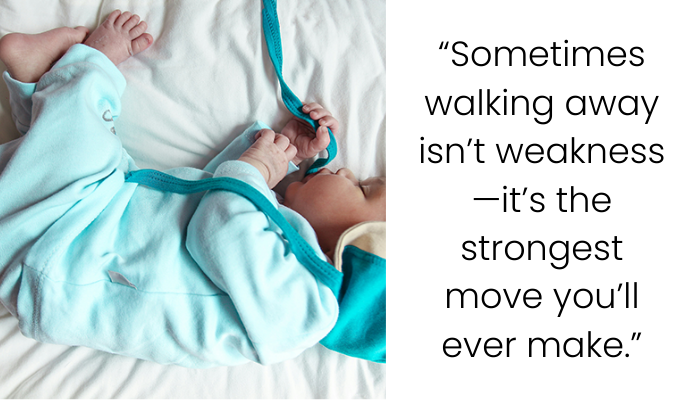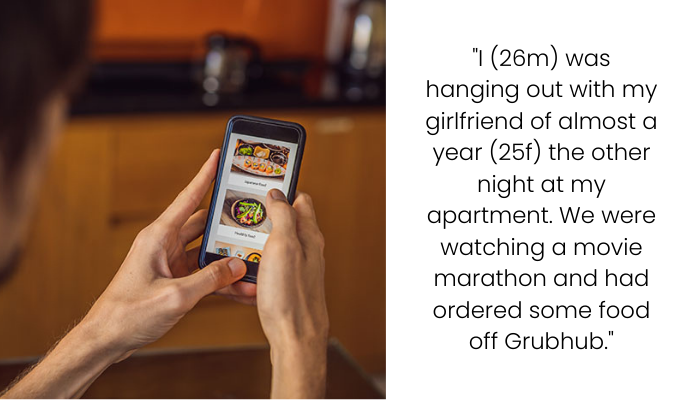AITA for Telling My Mom’s Boyfriend That His Kid Isn’t My Responsibility?
This 20-year-old college student thought he was heading into a packed weekend of exams and projects. Instead, he was suddenly expected to babysit his mom’s boyfriend’s 11-year-old son—without warning. When he pushed back and explained he had university work to do, the response was basically, “Just bring the kid with you.”
Frustrated, stressed, and fed up with being treated like a backup parent, he finally snapped and told the guy straight-up: “He’s your kid, not mine.” His words hit hard. Now his mom says he was rude and disrespectful, but he’s not sure anymore. Was he out of line—or just finally standing up for himself?
Many parents rely on family for unpaid childcare

However, as this story shows, they might not always be available, so if you don’t plan ahead, it can lead to heated arguments










Okay, first off—let’s get this out of the way: no, you’re absolutely not the a-hole. This whole thing boils down to parental boundaries, emotional labor, and the oh-so-common issue of being the “default caretaker” when you didn’t ask for that role. Let’s talk about why this hits such a nerve.
You’re 20. You’re in college. That’s already a full-time job in itself. Between exams, group projects, late nights, and mental burnout, most students are barely holding it together. So when someone throws a last-minute “watch this child for the entire day” into your already packed weekend? That’s not a small ask. That’s a huge disruption.
Now let’s talk about blended family boundaries—because that’s what this is. Your mom’s boyfriend, “Mark,” might live in the same home, but that doesn’t automatically make you responsible for his son. Co-parenting only works when there’s agreement, trust, and shared roles. But you never signed up for that. You were thrown into it. That’s not fair.
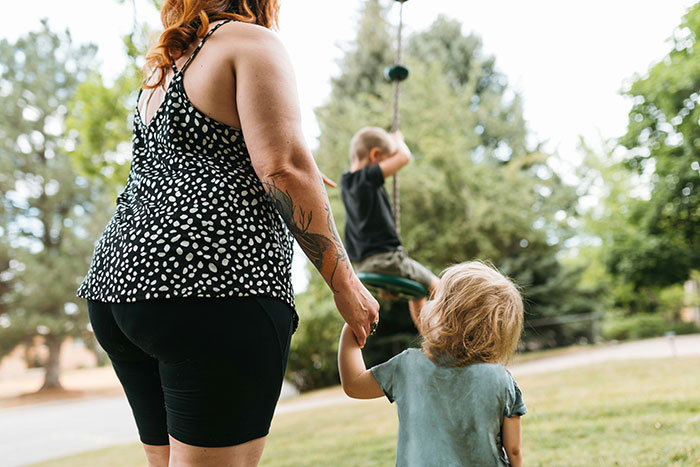
all come into play here. You didn’t choose to have a younger sibling or a kid to watch. You’re just trying to get your degree. Mark expecting you to step up—especially with zero notice—was not just inconsiderate, it was dismissive of your time and responsibilities.
A lot of people outside the situation might say, “Well, he’s just a kid, it’s just one day,” but let’s be honest: taking care of a high-energy 11-year-old while you’re trying to focus on a major assignment? That’s not easy. And it’s definitely not reasonable to expect you to drag a kid to your university library and keep him entertained for hours while you work. That’s not babysitting—that’s mission impossible.
Let’s also address this line: “Trying to organize something with other parents or family would be too much hassle.” That right there tells you everything. Mark wasn’t thinking about what made the most sense—he was thinking about what was easiest for him. And instead of making real parenting decisions, he tried to shift the load to you.
This falls into what therapists sometimes call “parentification.” It’s when a parent or adult shifts caretaking responsibilities onto a child or young adult. You’re 20—not a child—but still not the parent in this situation. And emotional labor like this often gets dumped onto the oldest kid or whoever’s “available.” It’s unfair, and it builds resentment fast.
And let’s not ignore what you said: you didn’t even yell or say anything wildly offensive. You just pointed out the truth: Liam isn’t your child. That doesn’t make you cruel—it makes you honest. Sometimes people need to hear hard truths to realize they’ve overstepped.
Your mom being upset? That’s understandable on a surface level—no one wants conflict in their household. But calling you disrespectful for enforcing your limits? That’s the real issue here. Respect goes both ways. You respected their relationship. You live in their shared space. But that doesn’t mean they get to treat you like unpaid help.
It also sucks that Mark threw in the passive-aggressive, “don’t bother asking us for favors in the future” line. That’s emotional manipulation, plain and simple. He’s trying to guilt you into compliance by making future support conditional on you doing what he wanted this time. That’s not how healthy adult relationships work.
You’ve got your priorities straight. College is hard. Mental health in college students is a real issue (hello, academic stress is a top-searched phrase for a reason). Students across the world deal with burnout, anxiety, and massive pressure to perform—and you’re doing what you need to do to succeed. And for what? To get a job. To build your future. To eventually move out and live independently. That’s not selfish. That’s just life.
There’s also the “Mark’s son wasn’t raised properly” part. That’s a separate topic, but it adds a layer. You weren’t just being asked to watch a kid—you were being asked to manage a child who doesn’t fully understand boundaries or social cues. That’s not just babysitting. That’s exhausting work, especially for someone who’s not trained or emotionally prepared for it.

It’s okay to say no. You’re not wrong for protecting your peace. You’re not wrong for prioritizing your future. You didn’t lash out—you drew a line.
Here’s the thing a lot of people need to hear: just because you live under the same roof doesn’t make you responsible for someone else’s parenting. Period.
If this is going to be a long-term living situation, you might want to sit down with both your mom and Mark and lay out your boundaries clearly. Something like:
“I’m happy to help out occasionally, when I have time, and when it’s discussed ahead of time. But I’m not a backup parent, and I won’t be available at the last minute.”
That’s firm, fair, and adult. If they can’t respect that, then it says a lot more about them than it does about you.
Most of those who read what happened said the student did nothing wrong when setting his boundaries

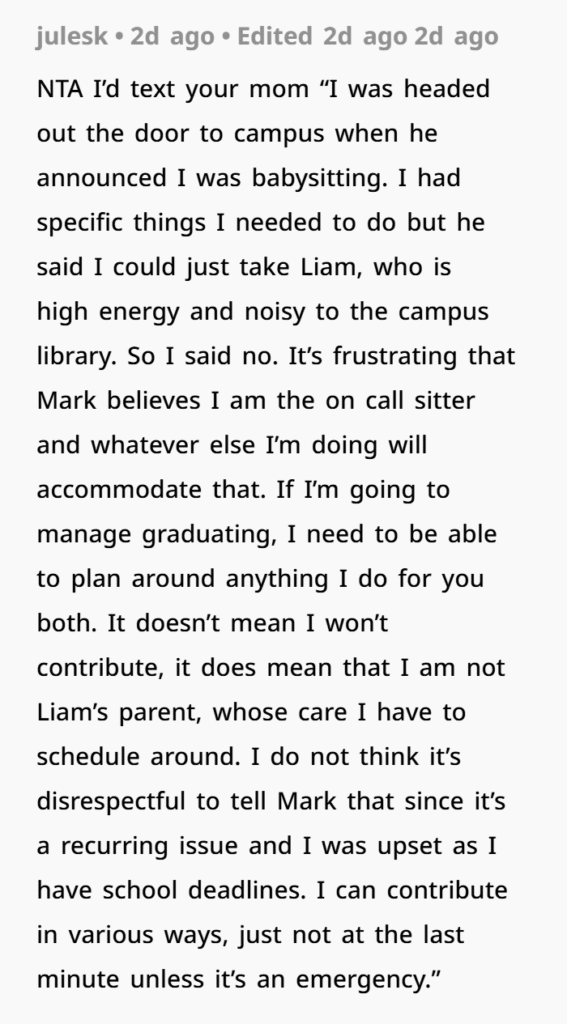


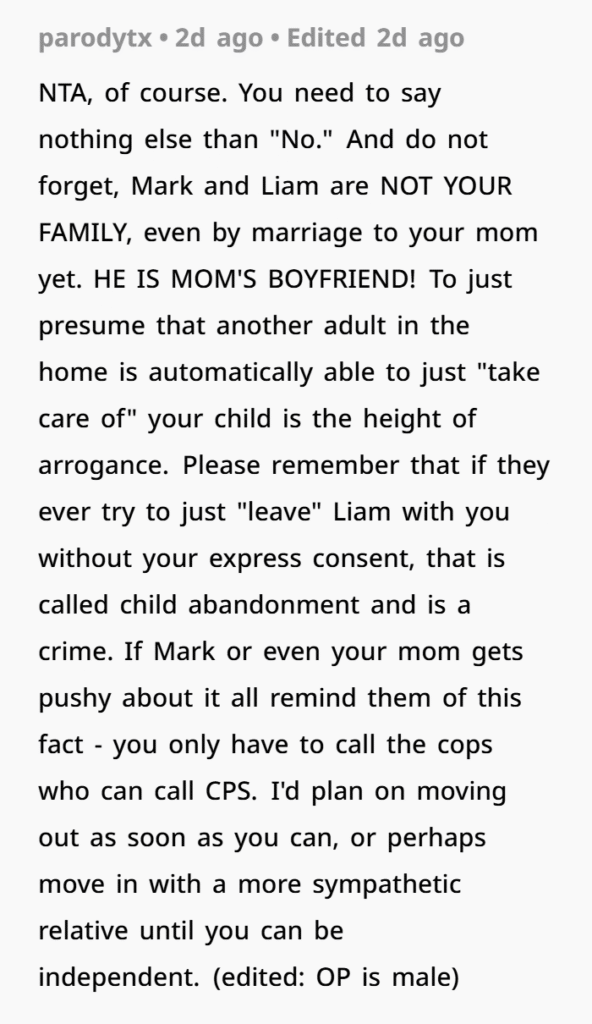


You didn’t choose this family setup. You’re not a built-in babysitter. Setting boundaries doesn’t make you an a-hole—it makes you an adult who respects his own time and mental health. Keep your focus on your future. The rest can wait.


